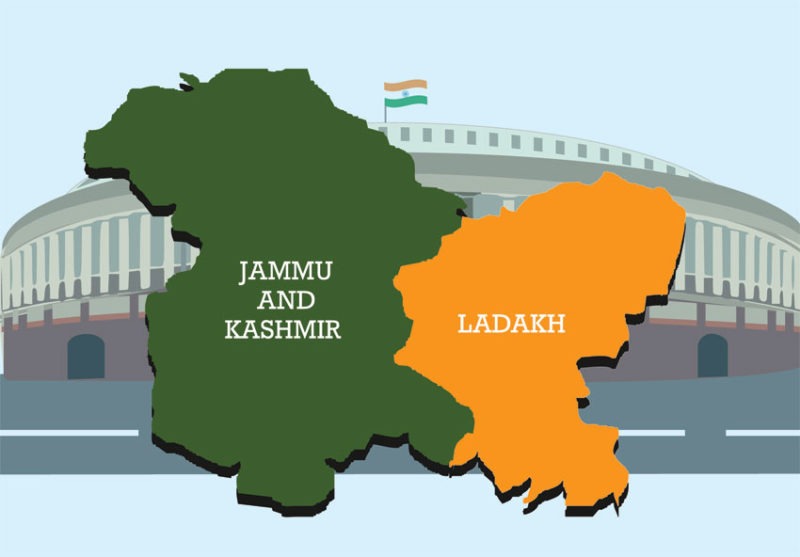Special Message from Indian Consulate in San Francisco on Jammu & Kashmir
According to an official release from the Indian Consulate in San Francisco, “Jammu and Kashmir (J&K) is an integral part of India, and the aforementioned decision is an administrative action about India’s internal affairs.
It further says, “You have perhaps also seen efforts and/or attempts by Pakistan to portray this decision as a threat to peace and stability in the region.
Before explaining the rationale behind this decision taken by the Government of India, it is necessary at the very outset to emphasize that this decision has absolutely no impact either on India’s Line of Control with Pakistan or on any other external boundaries with them. This is, therefore, a sovereign internal matter for India to address.
In so far as the issue of peace and security in the region is concerned, the perpetrators and host for the ivy-league of terror should be held accountable by the international comity. The people of India living in this region have been victims of cross-border terrorism which have claimed over 40,000 lives in the past three decades.
[The onus, in fact, is on the Government of Pakistan to not foment trouble along the Line of Control or be part of any attempts made to infiltrate the LoC or the international boundary with India.]
It may further be noted that Article 370, which provided a special status to J&K, was introduced as a temporary measure in Part XXI of Indian Constitution titled Temporary, Transitional and Special Provisions.
It is also pertinent to note here that several State reorganizations have been undertaken since India’s independence in 1947 in keeping with the overall objective of ensuring good governance, socio-economic development, to address regional disparity and improve administrative efficiency. This is the 12th such reorganization of States in India and not a unique situation. The State of Jammu & Kashmir is now reorganized as the Union Territory of Jammu & Kashmir with an elected Legislative Assembly and Union Territory of Ladakh with an elected Council.
This measure aims at correcting the restrictions imposed earlier on employment, acquisition of property, settlements, civil rights, and educational provisions, which were impacting the younger generations negatively. For example, women-residents of the State could not pass on their properties to their children if they were married to non-residents. Similarly, unlike the rest of India, the reservation of seats for women in local elected bodies (Panchayats) was not allowed. Minimum safety standards as applicable to sanitation workers or reservation for disadvantaged sections were not available in Jammu & Kashmir. Indeed, several progressive legislation and initiatives of the Government such as Right to Information (RTI), Right to Education (RTE), Ayushman Bharat(universal healthcare), etc. were also denied to the people of J&K.
Additionally, despite the abundance of central funds (over $40 billion), much of it was frittered away by deep-rooted corruption and the intended benefits never reached most of the people of the State. Thus, lack of socio-economic opportunities and non-application of several progressive legislation in J&K due to Article 370, which were enjoyed by the rest of India, and widespread corruption there, caused popular disaffection there.
This administrative reorganization is intended to improve governance, improve the climate for investment and to extend the socio-economic benefit to the disadvantaged sections in Jammu and Kashmir, who were denied these benefits.”


